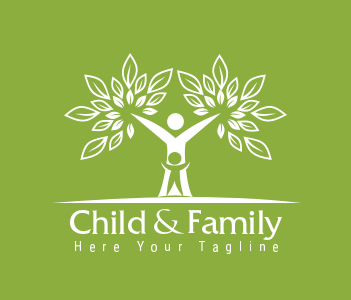This principle is about using materials from sustainable sources and promoting products which help people reduce consumption.
One Planet Goals for materials and products:
-
Easy and accessible sharing of resources to reduce consumption of materials
-
All materials and products chosen for positive social and environmental benefit or for reducing negative impact
-
Promote materials and products that are not toxic to humans or wildlife at any stage in their lifecycle
-
Support a circular economy prioritising upcycling, reuse and recycling (Cradle to cradle)
For example: procurement, sustainable production and consumption, circular design of products and services (including safe and responsibly sourced materials, recycled content), supply chain, packaging, sharing economy
Useful apps and information (we'll keep adding to this):
Share and repair
- Somerset Waste Partnership's share and repair guide
- Check out the Library of Things at Frome Share Shop
- Get mending your clothes with Repair what you Wear
- Bruton's Facebook groups are great for sharing things, particularly:
- Alternative Bruton (you need to be on Facebook and join the group)
- Bruton Borrow & Lend (you need to be on Facebook and join the group)
- Local repairers:
- Bruton's Facebook groups are brilliant for finding people who can repair all sorts of things. Names that come up regularly include:
- PRM Domestics in Wincanton - for domestic appliances such as washing machines, tumbledryers, cookers
- (we'll keep adding to this)
- Bruton's Facebook groups are brilliant for finding people who can repair all sorts of things. Names that come up regularly include:
Sustainable sourcing
- London 2012 had a comprehensive approach to sustainable sourcing, summarised in their Sustainable Sourcing Code. It is based on four core principles and asks five key questions about products:
- Core principles:
- Responsible sourcing (e.g. FSC)
- Use of secondary materials (e.g. recycled content)
- Minimising embodied impacts (e.g. carbon emissions, water consumption, resources need to make the product)
- Healthy materials (e.g. lists in the sustainable sourcing code)
- 5 key questions
- Where does it come from?
- Who made it?
- What is it made of?
- What is it wrapped in?
- What will happen to it afterwards?
- Core principles:
- Ethical Consumer is a website and magazine to help consumers shop ethically, campaigners to challenge corporate power and businesses to improve their supply chain
- Common Objective is a great resource about sustainability issues in the fashion industry.
- Buy Me Once is a website selling things that last, many with a lifetime guarantee. Many of the products are available elsewhere.
- There are numerous online stores focussing on ethical, sustainably-sourced products. One that has been around for a long time is the Natural Collection which has an ethics filter for every product.
- Three apps that can help you filter brands and products are:
- Good on you (search a brand and Good on You will show a rating based on how they impact workers, the environment and animals
- Buycott (scan barcodes when shopping to learn product history and make an informed decision)
- Good Guide (scan the barcode and find detailed ratings of the nutritional value of products as well as potential concerns about ingredients)
Construction materials
- Don't move, Improve, Green Directory (A guide from From Town Council full of suppliers and businesses to help you improve your home and make it more comfortable and environmentally-friendly - Maybe we could adapt it for Bruton?)
Circular economy (the techy bit)
- Ultimately we're aiming for a circular economy where everything can be reused or recycled. More information about this can be found at:
- Wrap (Waste Resources and Action Programme working with businesses, individuals and communities to achieve a circular economy by helping them reduce waste, develop sustainable products and use resources in an efficient way)
- Ellen Macarthur Foundation (Accelerating the transition to a circular economy)
- Cradle to cradle
- Future-Fit Business

Comments
Other resources for Sustainable Fashion (from The Sunday Times Style Section, Kate Spicer)
Local Resources for Sustainable Fashion
Buying, selling, swapping and donating clothes
And of course, there are charity shops in every town where you can donate and buy good quality pre-loved clothing and clothing for upcycling, including:
Local Seamsters